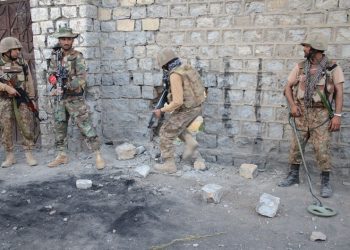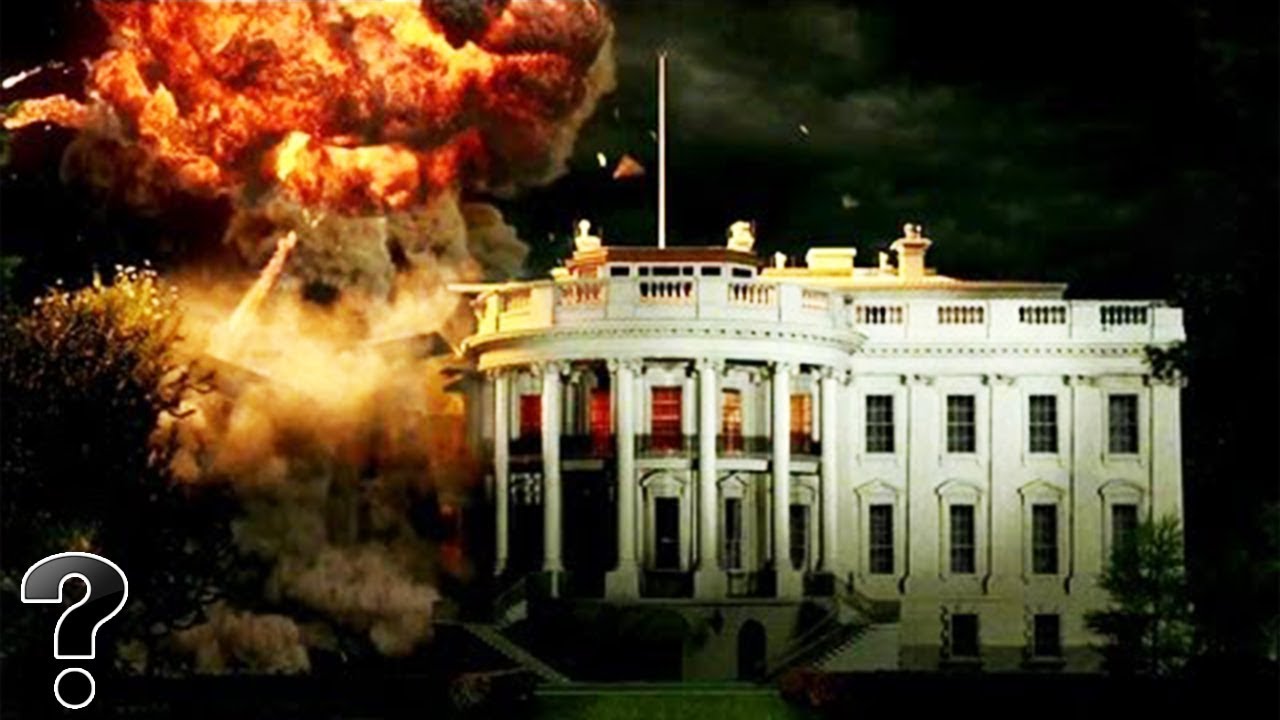The Supreme Court has directed the attorney general for Pakistan to submit the record of parliamentary debate on the law seeking to clip the powers of the chief justice of Pakistan till tomorrow, and adjourned the hearing for three weeks.
The court also retained the stay on the implementation of the law till a final decision on the petitions.
An eight-member larger bench resumed hearing petitions challenging the Supreme Court (Practice and Procedure) Bill 2023, meant to clip the CJP’s powers on taking suo motu action and constitute benches.
Headed by CJP Umar Ata Bandial, the bench also comprised Justice Ijazul Ahsan, Justice Munib Akhtar, Justice Sayyed Mazahar Ali Akbar Naqvi, Justice Muhammad Ali Mazhar, Justice Ayesha Malik, Justice Syed Hasan Azhar Rizvi and Justice Shahid Waheed.
Today’s hearing
At the outset of the hearing, Attorney General Mansoor Usman Awan told the court a request had been submitted for setting up a full court to hear the case.
He also mentioned that the Pakistan Muslim League-Nawaz (PML-N) had filed a similar petition.
Justice Ahsan pointed out that the government’s request had not been scheduled for a hearing yet. He then inquired whether the AGP had provided the documents that the court had requested during the previous hearing.
CJP Bandial asked Attorney General has he submitted a parliamentary record of the Supreme Court (Practice and Procedure Bill) 2023? To which he replied in the negative saying it is expected that the record of the parliamentary proceedings will be available by tomorrow as Speaker’s office has been contacted both formally and informally.
“The independence of the judiciary is a crucial aspect of the Constitution, adding constitution of the benches and the matters of appeals have been fixed in the law, said Attorney General.
He argued that matters outlined in the law are administrative in nature. He stated that the Supreme Court’s (SC) rules were formulated by a full court and, therefore, any decisions or cases regarding the judiciary’s independence and rules should involve a full court. He also noted that the law would apply to judges who were not involved in the case.
However, Justice Ahsan disagreed, stating that the matter at hand concerned the power to legislate and not changes to the SC rules. He explained that various benches routinely hear cases relating to legislative powers.
Justice Naqvi then questioned whether such a law had been enacted in the past, to which the AGP replied that the president’s permission was required for making rules until 1973. Justice Naqvi further asked how such a law could be passed when Article 191 of the Constitution was present. The AGP contended that such a case had not been filed in the past and, therefore, a full court should be constituted.
Justice Malik, however, questioned whether the government wanted to avail the “advantage” of a full court and whether the government wanted the top court’s internal discussions to come out in the open. She also asked whether the AGP was trying to say that the nation had demanded a full court.















































